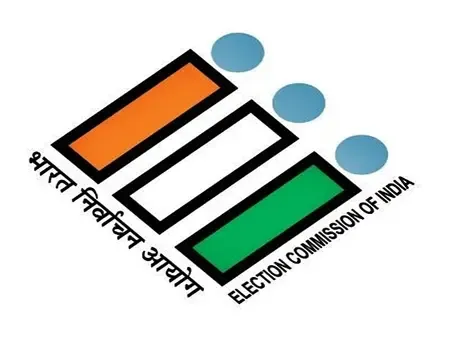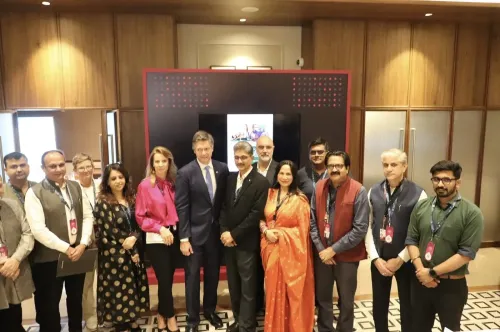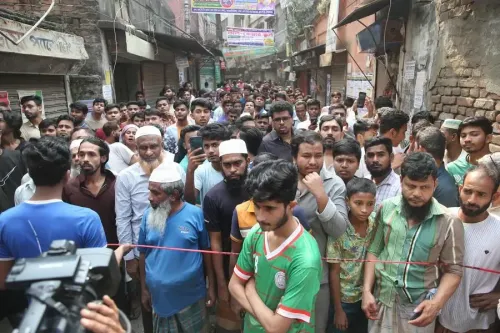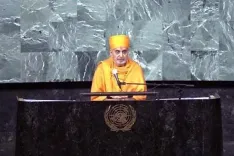Is Pakistan Destined to Lament Over Water Release?

Synopsis
Key Takeaways
- Water Rights: India asserts its right to use water resources as it sees fit.
- Historical Context: Criticism of past treaties that favored Pakistan.
- Government Stance: Current leadership prioritizes national interests.
- Security Concerns: Ongoing threats from terrorism impact diplomatic relations.
- Public Trust: Confidence in PM Modi to act decisively on national security issues.
Chandigarh, April 28 (NationPress) Haryana's Transport Minister Anil Vij stated on Monday that it is Pakistan's destiny to lament. He declared, “It cries when we cease the water flow, and it cries even when we release the water.”
“This is our water, and we have the right to utilize it as we see fit.”
He criticized the former Congress administration, asserting that in 1960, certain pro-Pakistan leaders signed a treaty that favored Pakistan while neglecting India's interests. “Now, under Prime Minister Narendra Modi, we prioritize India's benefits,” he added.
On April 24, India announced its intention to downgrade diplomatic relations with Pakistan following a terrorist attack.
Minister Vij informed the press that after India suspended the Indus Water Treaty, water meant for Pakistan was halted, leading to a significant uproar in Pakistan. “Even after the water's resumption, Pakistan continues to complain,” he noted.
He referenced PM Modi's comments regarding the terrorist attack in Jammu and Kashmir during the monthly “Mann Ki Baat” program, promising that the nation would seek justice for the victims.
Minister Vij remarked that since the incident in Jammu and Kashmir, PM Modi has been clear in his communications and actions, “and the nation trusts that if PM Modi declares something, he will follow through. The world will witness the outcomes when the time is right.”
“In Pahalgam, it was not merely Indians who were targeted; the terrorists aimed to incite division between Hindus and Muslims,” he stated.
He condemned the selective targeting of Hindus in Pahalgam, where terrorists reportedly asked individuals their religion before committing violence, revealing their intent to create discord.









